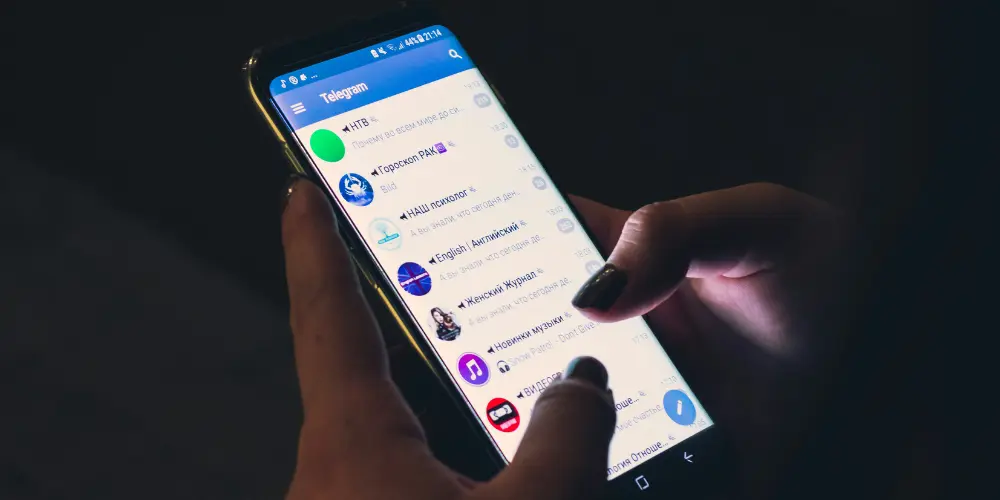14 Scams to Avoid on Kenyan Telegram 2024
by Alex · May 7, 2024

Kenyan Telegram stands out as one of the most favoured messaging apps, offering a platform for users to stay updated on trending topics and entertainment.
However, amidst its benefits, scammers exploit this platform to defraud Kenyans of their hard-earned money.
A recent research poll conducted on some of the most popular Telegram channels revealed a concerning trend.
Many Kenyans have fallen victim to various scams repeatedly on the Telegram platform. These scams range from promising increased loan limits to offering lucrative earning opportunities, all aimed at deceiving users.
Here are the top scams Kenyans should watch out for in Telegram channels and groups in Kenya:
1. Fuliza Loan Limit Increase Scams
Beware of scammers claiming they can increase your Fuliza loan limit, even up to 50,000 KES. Only Safaricom has the authority to adjust Fuliza limits based on your creditworthiness and repayment history.
2. “Earn 5000 per day” Scams
These scams involve receiving messages promising high daily earnings, often requiring an upfront payment. Avoid falling for such schemes, as they are likely to be fraudulent.
3. Golden Titan Gel Scams
Scammers on Telegram may claim to offer a product called “Golden Titan Gel” that allegedly increases penis size. However, these are often scams that demand payment without delivering the product.
4. Telegram Hookup Scams
Many hookup channels on Telegram are fake and designed to scam users, either by demanding payment for a “hookup fee” or requesting transportation costs, without any actual meetup occurring.
5. Spin and Win Casino Scams
Be cautious of online casino websites that require you to deposit cash to “spin and win.” These are often scams designed to take your money.
6. Bitcoin Mining Scams
Avoid any schemes promising easy profits through bitcoin mining, as they are likely to be fraudulent.
7. Spy Pro App
Scammers may claim to have an app that can remotely access another person’s phone data. However, these are scams that should be avoided, as they are illegal and do not work as advertised.
8. Bundle Mwitu Scams
Beware of individuals offering to sell Safaricom or Airtel data bundles at discounted prices. These are scams, as data bundles can only be purchased legitimately from the service providers.
9. Mkopa Phone Flushing
Scammers may claim to be able to remove the software that locks Mkopa loan phones if payments are missed. These are fake scams, and the software can only be disabled by Mkopa themselves after complete loan repayment.
10. Telegram Sugar Mummy/Daddy Scams
Scammers take advantage of vulnerable individuals, promising to connect broke men with wealthy women. Similarly, some girls seek relationships with wealthy “Mzungus” (foreigners) and fall victim to scams, losing their money in the process.
11. Sure Odds Scams
Beware of individuals claiming to offer guaranteed winning odds, fixed matches, or correct football scores. These are scams designed to defraud bettors.
12. Cheap KPLC Token Scams
KPLC tokens can only be purchased from the official Kenya Power and Lighting Company. Any claims of selling discounted tokens are fake scams.
13. Degree/Diploma Certificate Scams
Educational certificates can only be obtained from accredited institutions. Avoid individuals offering to create or sell fake certificates.
14. Growth Beard Oil Scams
Scammers may claim to sell oils that promote faster beard growth. However, these products are often ineffective, and the claims are aimed at defrauding customers.






